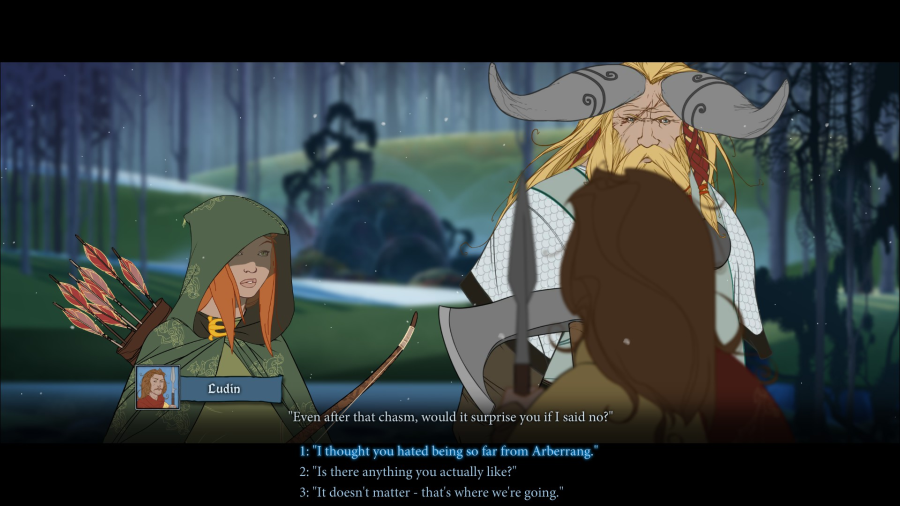

These individual matters in general add to the immersion. Whether you delve deeper is dependent on your unique reply. These equate to side-quests where you’ll find yourself interrupted from the main task at hand with issues like inter-party squabbling to more serious matters such as dealing with a murder.


A lot of the time you’ll also be dealing with various minor problems. Fortunately, this does not lessen the experience, with the game being roughly ten hours long, playing it again shouldn’t be too much of a problem if you want to take a different approach or perhaps wanted to better prepare for the second game, when your unique progress and storyline carries over. Even if a choice you make is seemingly the correct one, the game has a habit of offering up plenty of surprises with elements of betrayal, deceit and even alliances or relations you may not have expected over the long run. It’s often hard to guess how a verbal exchange between groups of characters will play out. Certain scenarios will obviously lead you into a battle you may have been able to evade altogether, or even result in a character’s demise. There are rational approaches and results to situations or more hostile solutions, if this is how you prefer to operate. Characters can convey multiple emotions, depending on which text-based choice you select. It’s during these scenes you’ll be required to have input in the outcome of a situation – such as how your party will approach a battle, or if they should even engage in battle in the first place. This is most evident in the text-based sections and exchanges with various characters over the course of the game – all told from the perspective of interesting lead heroes. For every decision there is a consequence that will alter how the story unfurls. It’s the choices you make during each chapter that make this such an enjoyable experience from start to finish.


 0 kommentar(er)
0 kommentar(er)
